What happens in winter?
stan6
15 years ago
Related Stories
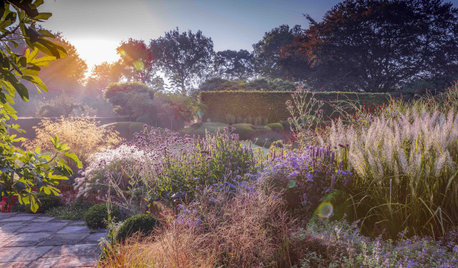
GARDENING GUIDESGot Frost-Damaged Plants? How It Happens, and When and How to Prune
Crispy brown leaves are a sure sign that Jack Frost has been to your neighborhood
Full Story
WINTER GARDENINGWinter Gardening: Ideas for a Dream Potting Room
Check out potting rooms that get indoor gardening right — and learn tips for creating your own
Full Story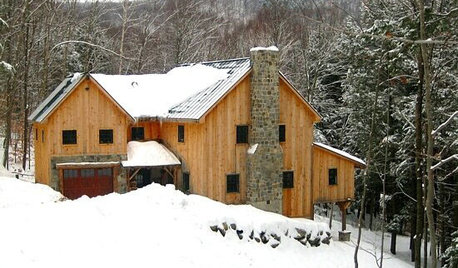
PRODUCT PICKSGet Prepared for Winter's Wonderful Ways
Are you ready for winter? It's ready for you. Here's how to weather the season with a smile
Full Story
GARDENING GUIDESGarden Myths to Debunk as You Dig This Fall and Rest Over Winter
Termites hate wood mulch, don’t amend soil for trees, avoid gravel in planters — and more nuggets of garden wisdom
Full Story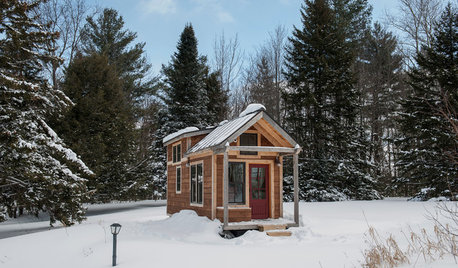
MOST POPULARHouzz Call: Show Us Your Winter View!
Share pictures of your home and garden in winter — whatever your climate, architecture and plantings
Full Story
DECORATING GUIDESTake the Chill Off With Cozy Winter Textures
Stay warm this fall and winter with your favorite applications of velvet, wool and knits and plenty of woodsy accents
Full Story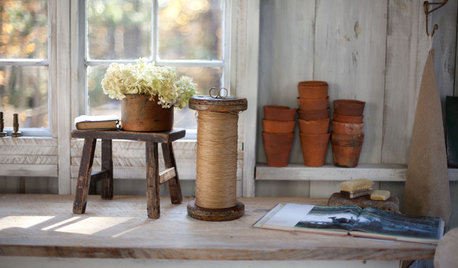
LIFE8 Wonderful Winter Hobbies to Nurture at Home
Make nesting at home this winter even more pleasurable by cultivating new activities and dreaming up meaningful creations
Full Story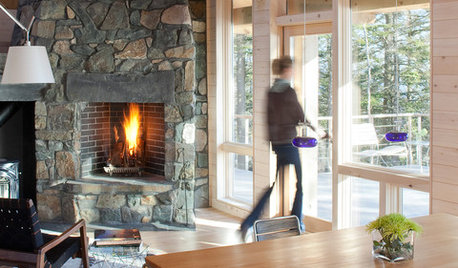
SELLING YOUR HOUSE9 Tips for Selling Your House in Winter
Make your home stand out to buyers in a challenging season by upping its coziness and showing its potential
Full Story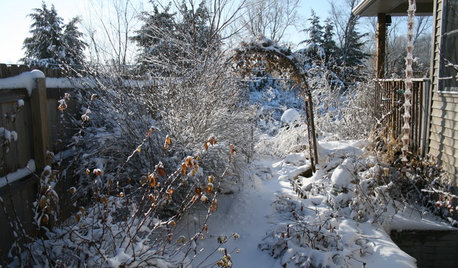
LIFE6 Ways to Beat the Winter Blahs
Snow and dark days dampening your spirits? These ideas will have you looking on the bright side
Full Story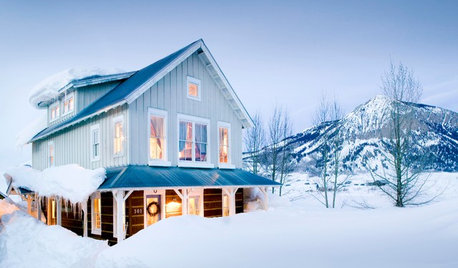
LIFEHard Winter? 9 Ways to Battle Cabin Fever
We know a lot of you are trapped where it just won’t stop snowing. Here are some ways to survive
Full StorySponsored






rcnaylor
Kimmsr
Related Professionals
Eden Prairie Landscape Architects & Landscape Designers · Gresham Landscape Contractors · Hickory Hills Landscape Contractors · Peoria Landscape Contractors · Red Oak Landscape Contractors · Round Lake Landscape Contractors · Seminole Landscape Contractors · Pontiac Driveway Installation & Maintenance · Summerlin South Swimming Pool Builders · Brooklyn Park Fence Contractors · Delhi Fence Contractors · Falls Church Fence Contractors · Gardena Fence Contractors · West Hollywood Fence Contractors · Lomita Fence Contractorsstan6Original Author
bpgreen
Kimmsr
stan6Original Author
dchall_san_antonio
Kimmsr
dchall_san_antonio
Kimmsr
dchall_san_antonio
stan6Original Author
billhill
Kimmsr
billhill
dchall_san_antonio
lou_spicewood_tx
Kimmsr
dchall_san_antonio
lou_spicewood_tx
Kimmsr
lou_spicewood_tx
dchall_san_antonio
rdak
stellar.bpo